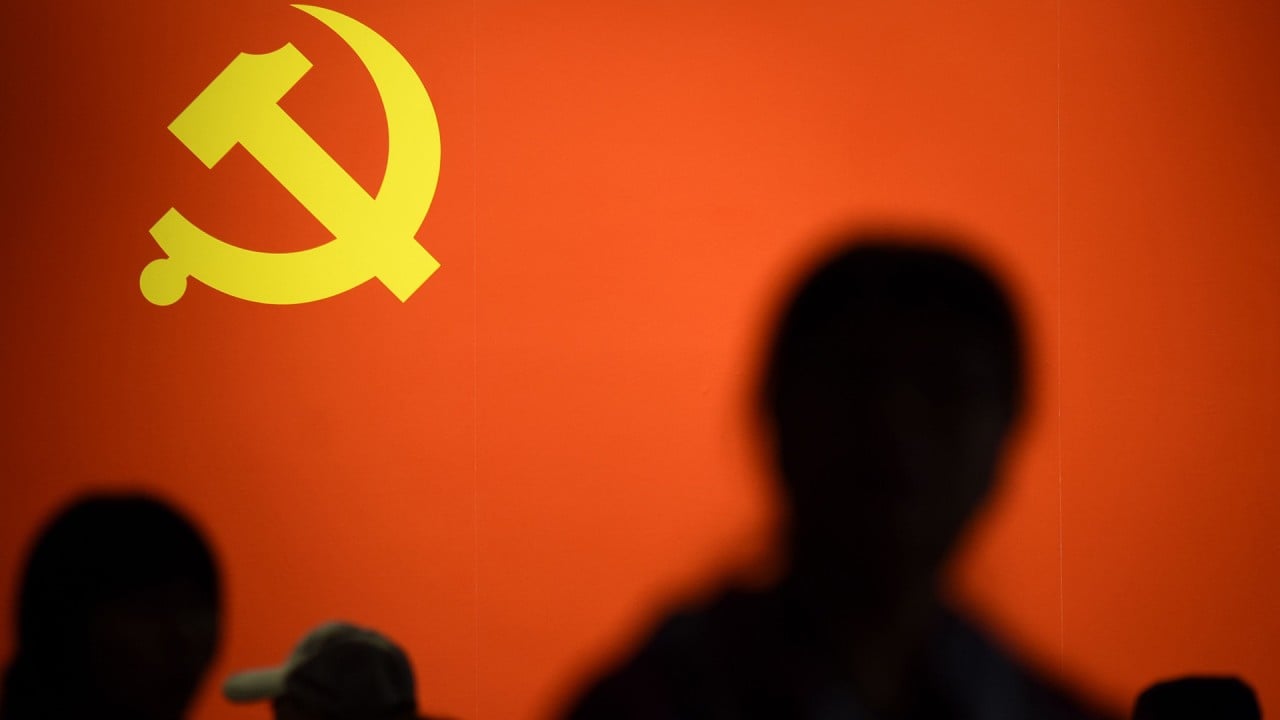
China’s social media giants to require influencers to disclose agency names on profile pages
- Under the new measure, so-called MCNs are required to provide Weibo and Douyin with updated information about which influencers they manage
- The Chinese government had previously expressed concerns that some agencies were using the power of influencers to sway public opinion
Two of China’s most popular social media platforms said they would start displaying the names of marketing agencies on influencers’ profile pages, after the country’s internet watchdog accused those service providers of spreading incorrect values.
Twitter-like microblogging platform Weibo and short video app Douyin, the Chinese sibling of TikTok, this week began testing the feature, which would be extended to all users after the trial period, they said.
Influencers often employ agencies, known as multichannel networks (MCNs) in China, to help manage their social media accounts by distributing content and analysing web traffic data.
Around 40 per cent of influencers with more than 10 million followers on major social media platforms are managed by MCNs, according to internet regulator, the Cyberspace Administration of China (CAC).
Under the new measure, MCNs are asked to review their contracts with influencers and provide the platforms with updated information about their partnership statuses, according to Douyin’s notice to agencies.
The changes are intended to “maintain good community order” and “regulate the dissemination of information”, both platforms said.
Many Chinese netizens appear to support the move, with some commenting that they will soon be able to easily spot agencies that deploy internet trolls.
The Chinese government had previously expressed concerns that some agencies were using the power of influencers to sway public opinion.
“Some MCNs manipulate influential accounts and fabricate misinformation containing wrong value orientations,” CAC official Zhang Yongjun said in a news conference in March, after authorities announced a regulatory campaign targeting those agencies.
“[MCNs] are sometimes the initiators of online chaos,” Zhang said.
The CAC said at the time it would impose harsh punishment against MCNs posting a large amount of content that “distorts reality and misleads the public”. The regulator also said it would set up a dedicated channel for social media users to report any misconduct.

This comes as China continues to tighten its grip over the internet.
That marked the largest effort to increase transparency since 2017, when platforms began to require users to associate their accounts with a phone number, which in China must be registered with a national ID.


